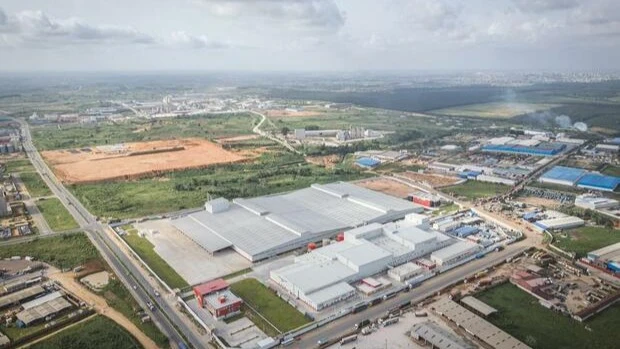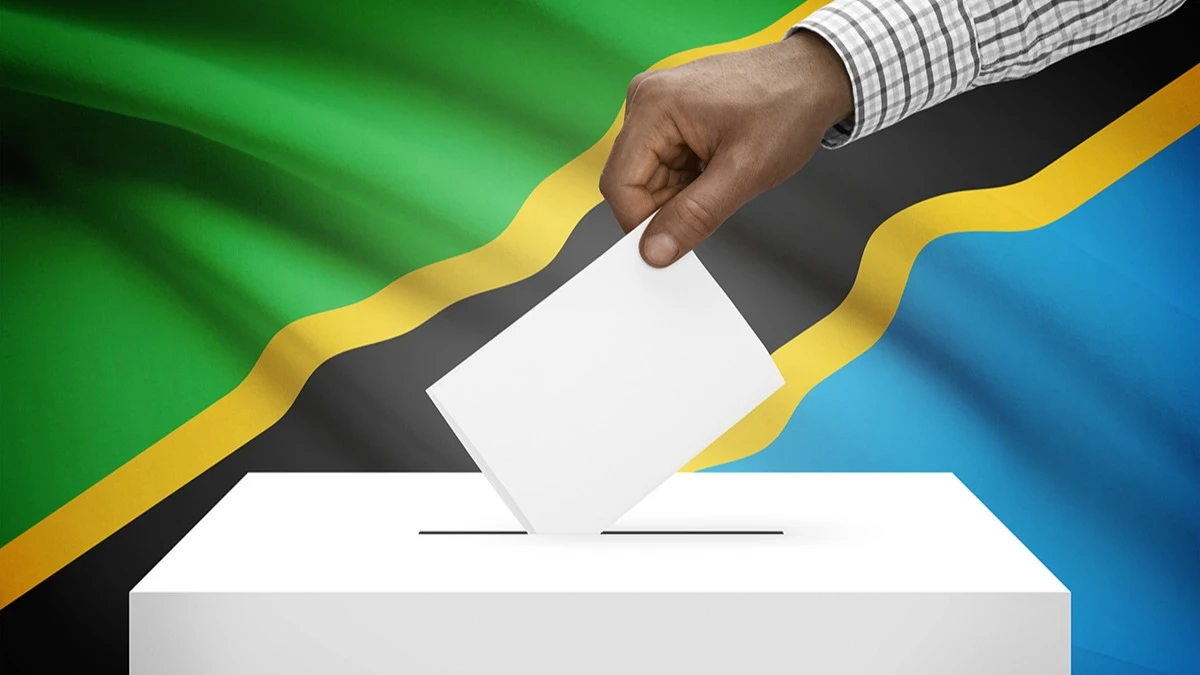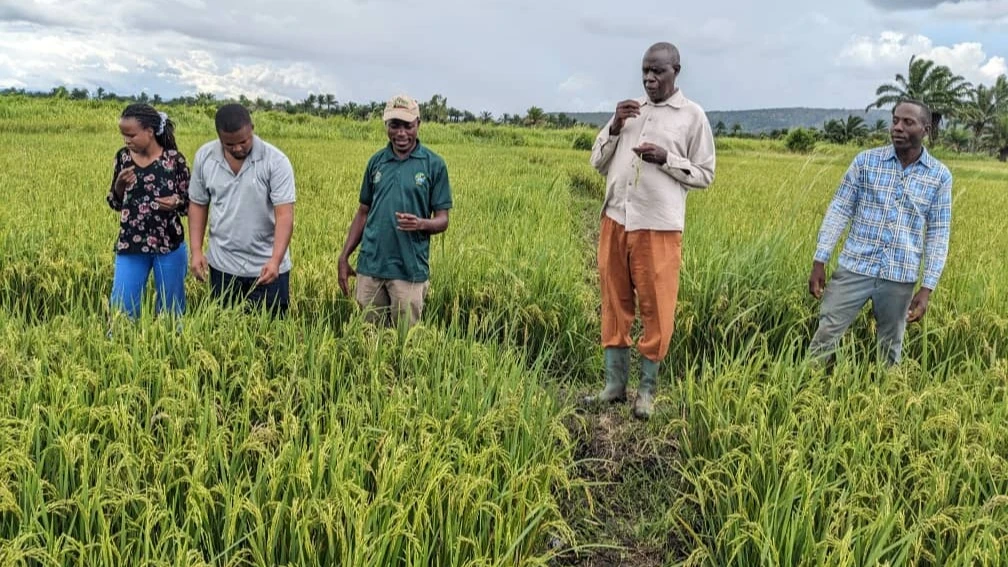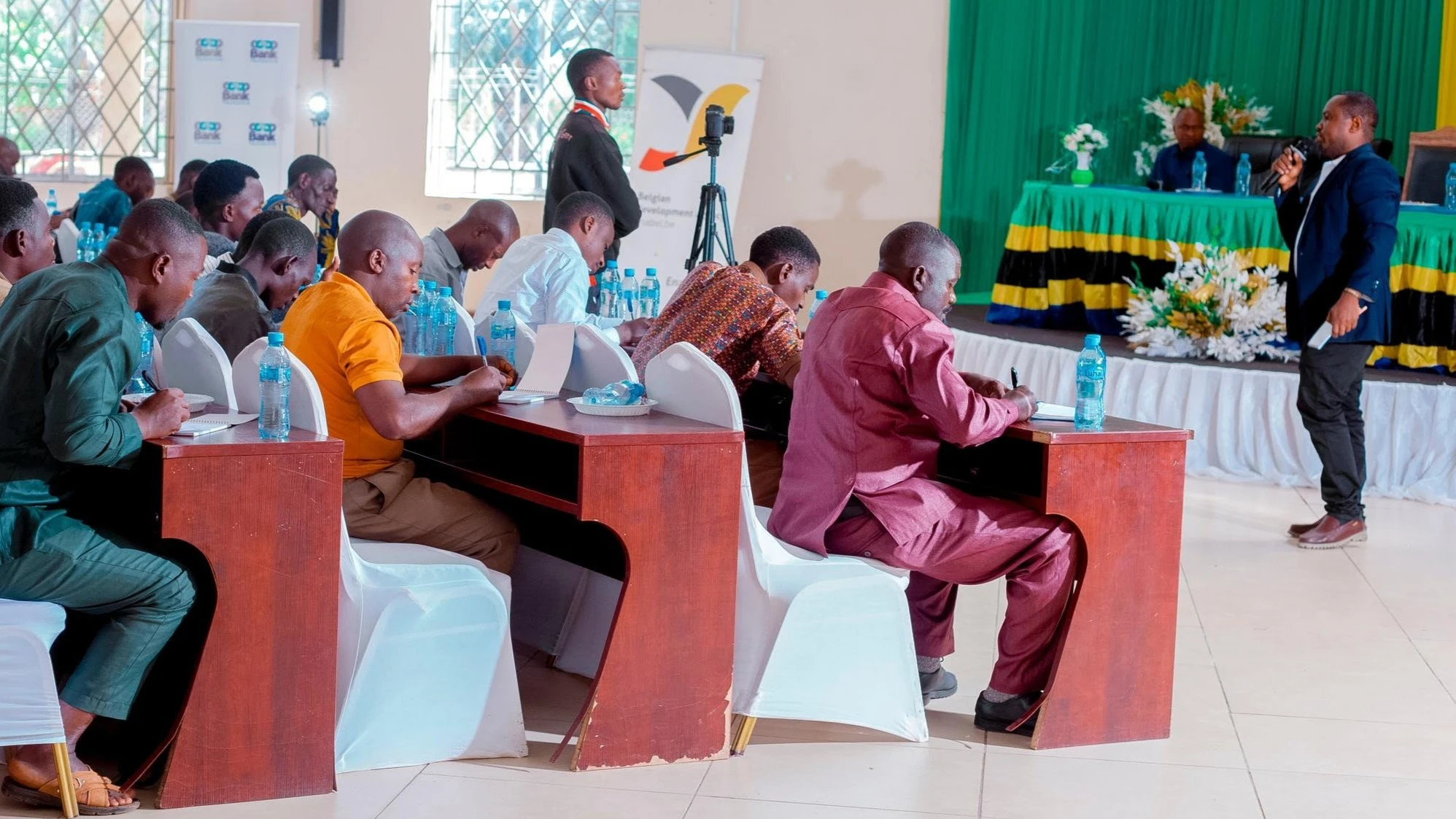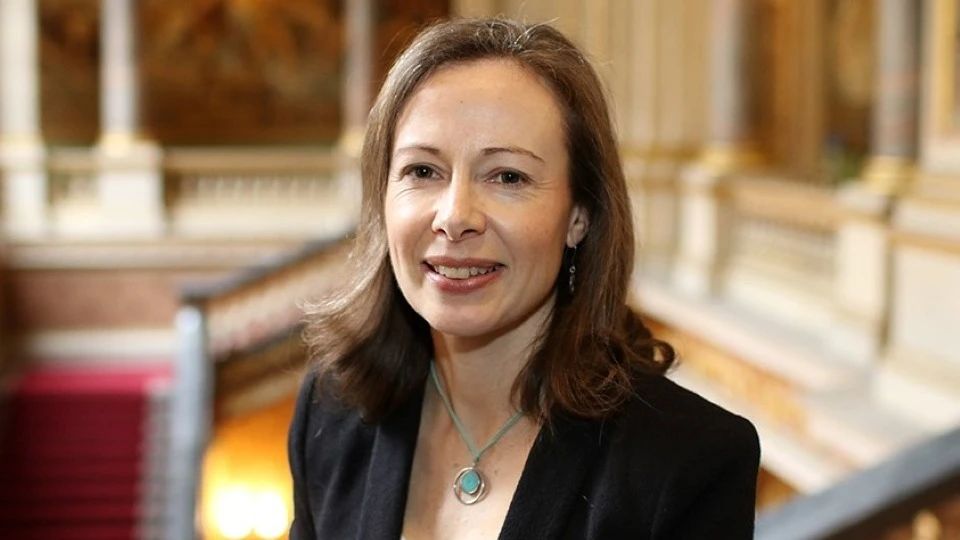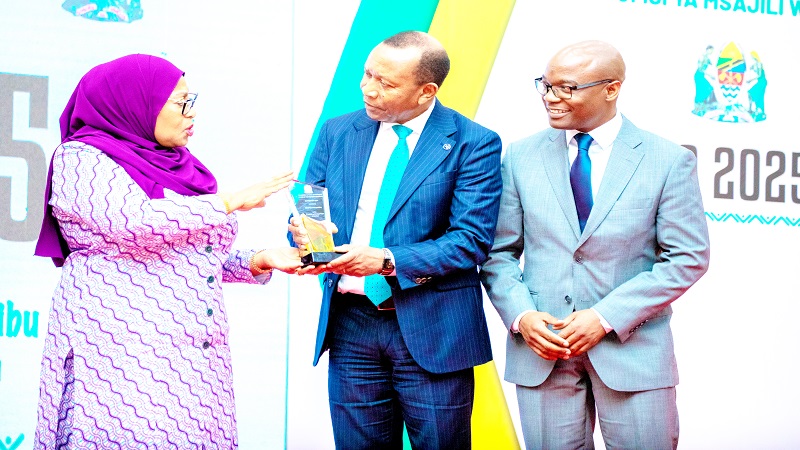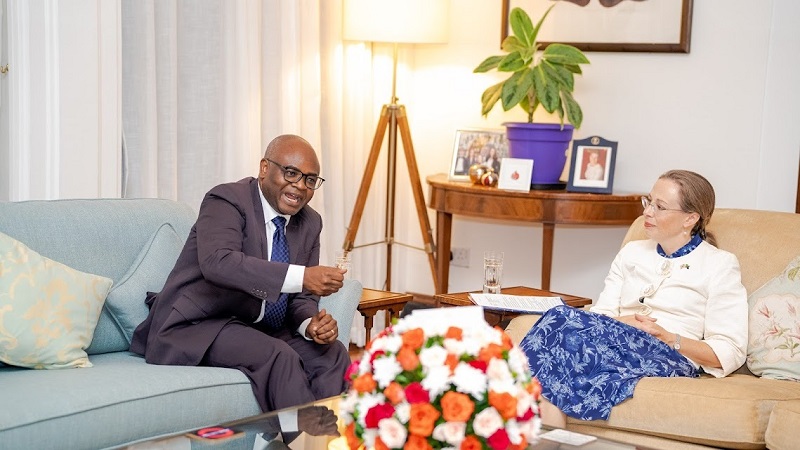New era of interaction as govt unveils communication centre

A QUIET but powerful transformation is taking place in the education sector and it's not in a classroom, but behind a set of computer screens and phone lines at the newly launched Communication Centre in Mtumba, Dodoma City.
Unveiled recently by Deputy Minister for Education, Science and Technology, Omary Kipanga, the centre represents a significant shift in how government engages with citizens, signaling a tech-driven era of transparency, responsiveness and accountability in education service delivery.
"This is not just a call centre," Kipanga said during the inauguration. "This is a strategic platform to bridge citizens and policymakers, making governance in education more participatory and people-centred."
The centre is the first of its kind within the ministry, a transformation made possible with support from the UK government through its Foreign, Commonwealth and Development Office (FCDO) under the ambitious Shule Bora programme. The initiative, a six-year 271bn/- investment, is not just improving infrastructure but also reengineering how education systems operate at the core.
The centre responds to public concerns, provide accurate information and gathers feedback from citizens across the country. It’s an embodiment of what digital government can look like when resources meet political will.
“Behind every message received here could be a question from a parent, a complaint from a teacher or even a cry for help from a pupil. Our duty is to respond with empathy, efficiency and responsibility,” Kipanga said, urging staff to serve with patriotism and diligence.
At the heart of this change is the understanding that quality education cannot be achieved in isolation. By opening up communication lines, the ministry invites parents, teachers and communities into the reform process — turning passive recipients into active participants.
According to the ministry’s Permanent Secretary, Prof. Carolyne Nombo, the facility will play a crucial role in updating the public on the sweeping changes introduced by the recently revised Education and Training Policy. Launched in February by President Samia Suluhu Hassan, the new policy introduces 10 years of compulsory basic education and aims to better align learning with labour market needs.
“This communication centre gives us the means to reach out proactively, clarify policy changes and address misinformation. It’s a tool for transparency,” she said.
While the physical facility sits in Dodoma, its impact is national. The system is designed to handle communication from all over the country.
As Tanzania pursues inclusive, equitable and quality education, the launch of the centre signals a deeper commitment: that transformation is not just about new schools or policies but also about listening, engaging and adapting, with the public at the centre of it all.
Top Headlines
© 2025 IPPMEDIA.COM. ALL RIGHTS RESERVED








